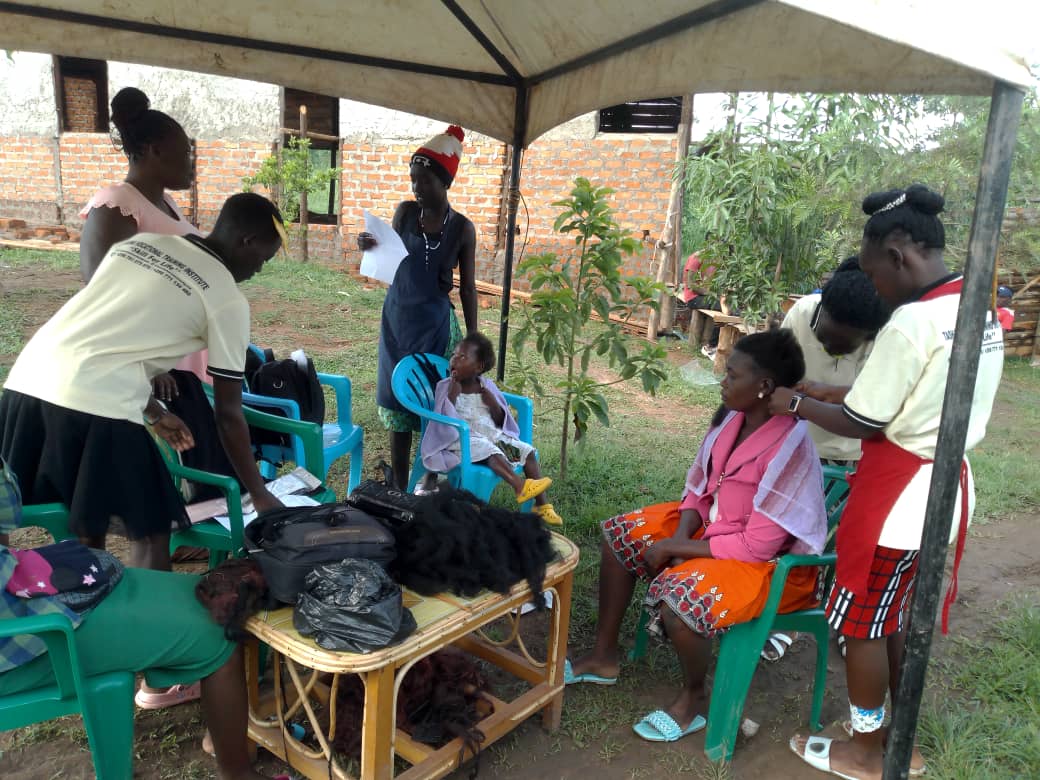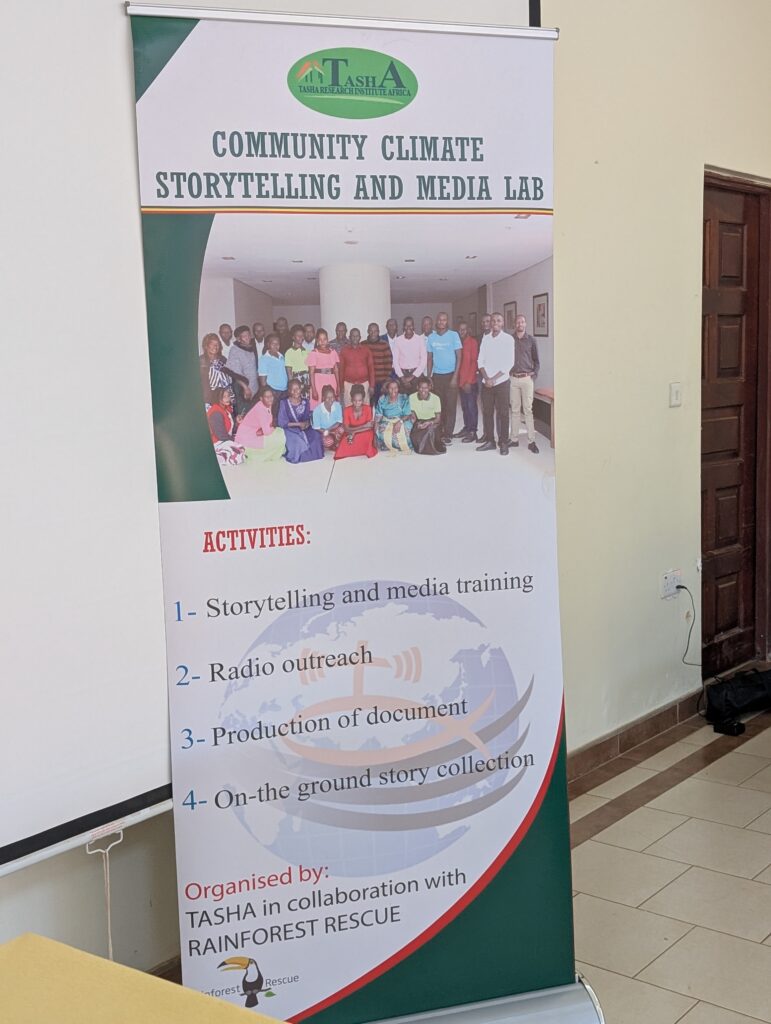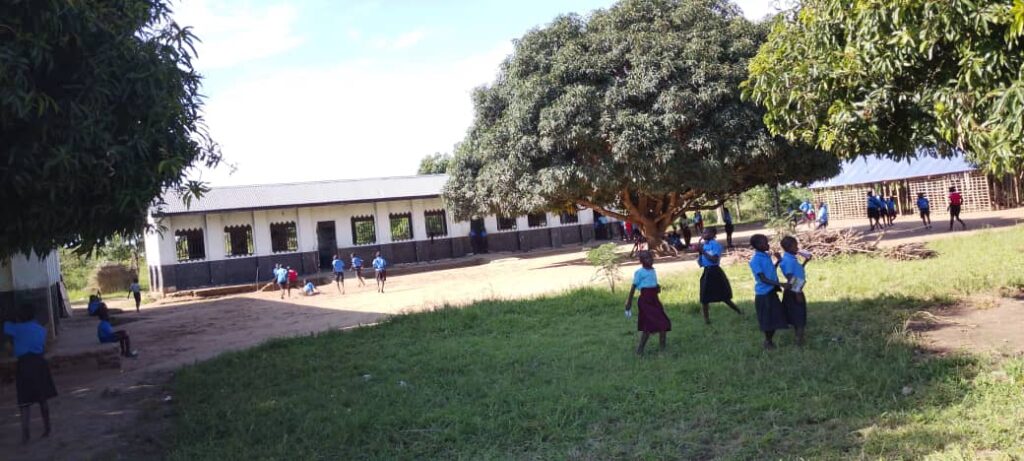In Uganda’s oil-rich Albertine region, what was promised as a “development miracle” has left behind a trail of broken livelihoods, stolen land, and silenced voices. The East African Crude Oil Pipeline (EACOP)—a project pushed by multinational corporations with the backing of the state—has bulldozed its way through communities in Buliisa, Hoima, and Kikuube, displacing thousands and polluting the environment with impunity.
But even in the face of this injustice, the youth are not giving up.
They are rising—not with violence, but with skills. And at the forefront of this resistance stands the Tasha Vocational Training Institute, a beacon of justice-based development fighting back against EACOP’s legacy of exploitation.
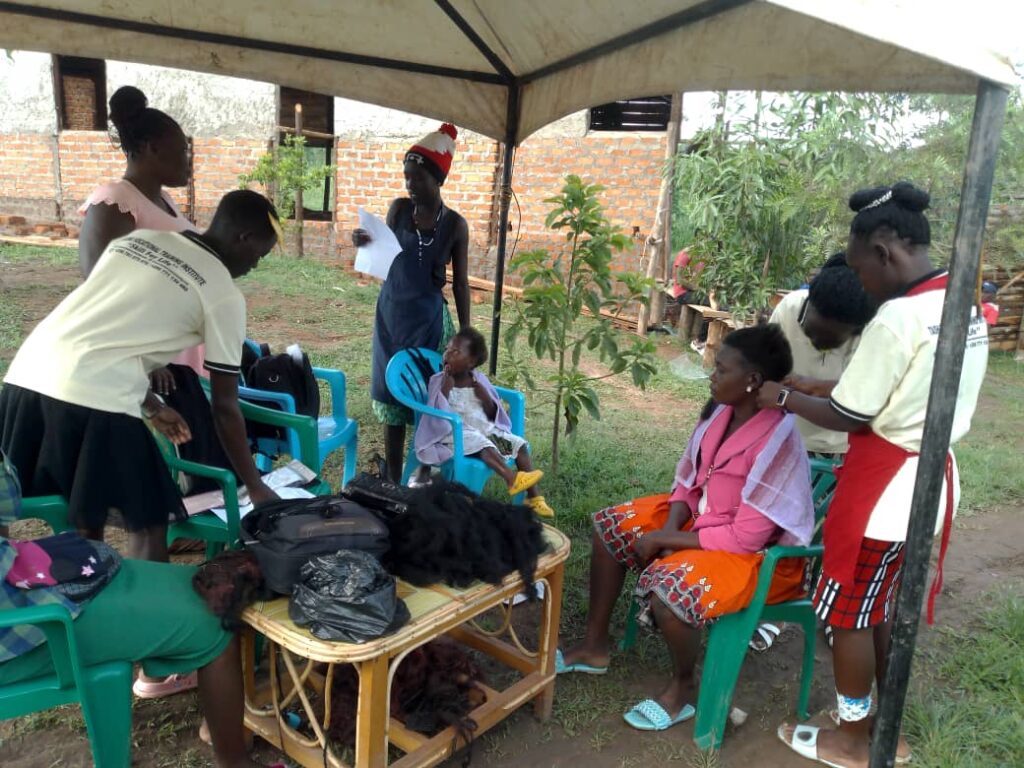
Tasha has intentionally focused on four core programs: driving, computer skills, hairdressing, and tailoring. These were not chosen at random—they are in direct response to the needs of young people whose futures were derailed by the pipeline project.
Driving: Taking Control of the Road—and Their Lives
As oil trucks roar down new roads built for foreign extraction, local youth are often left unemployed or underpaid in casual labor. Tasha’s driving course flips the script. It trains students not just to drive, but to compete for better-paying, certified transport jobs—jobs often monopolized by outsiders.
This is economic resistance: reclaiming the roads built to serve others, and using them for community mobility.
Computer Literacy: Weaponizing Knowledge
EACOP relies on high-tech systems for surveillance, land mapping, and data secrecy. Meanwhile, the very youth affected by these tools are left without even the most basic digital training.
Tasha’s computer literacy course helps change that. It’s about more than typing—it’s about empowerment. Youth are now learning how to document abuse, research their rights, apply for scholarships, and connect with global justice movements.
In the age of digital colonialism, knowledge is power—and Tasha is building it from the ground up.
Hairdressing: Restoring Dignity and Income
When EACOP displaced families, it also destroyed informal economies—small salons, trading centers, and community markets that once supported local women and youth. Tasha’s hairdressing program is helping restore that ecosystem.
By teaching beauty with business acumen, the institute helps students open salons, generate income, and reclaim their space in the local economy. For many, it’s the first step in building something of their own again.
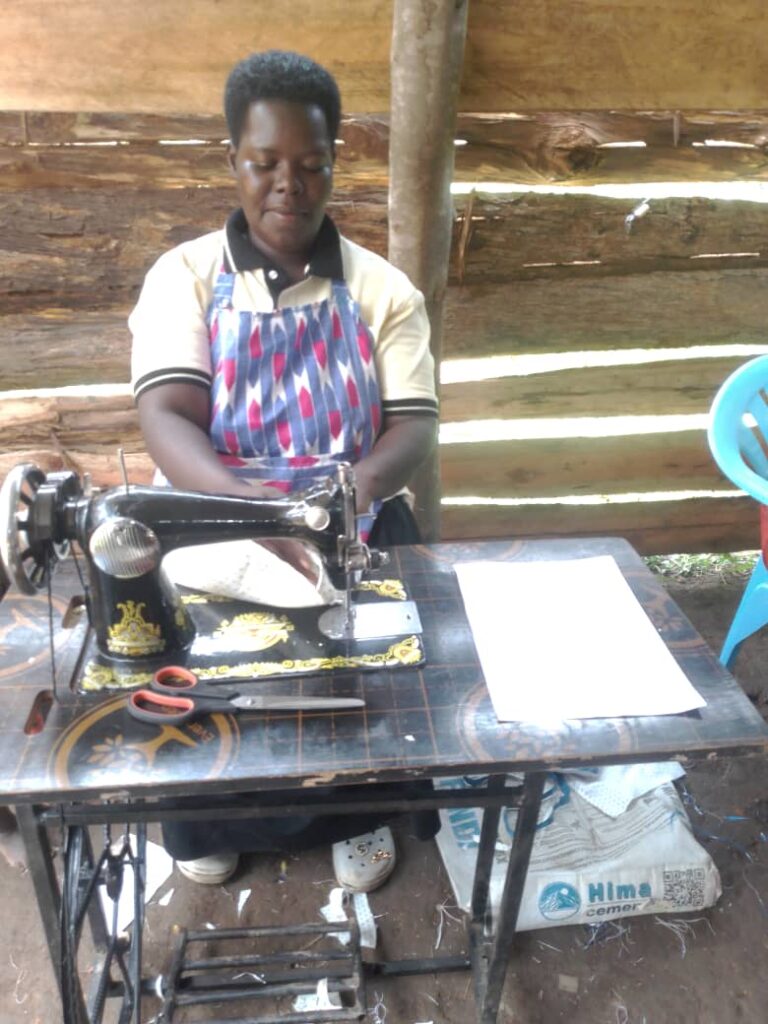
Tailoring: Sewing Together Identity and Resistance
Tailoring may seem simple, but in the Albertine region, it’s a radical act. Many displaced youth lost not only land but cultural identity. Clothes, in Uganda, carry tradition, pride, and storytelling.
Tasha’s tailoring course teaches the craft and the commerce—students learn how to produce clothing for local and regional markets, build brands, and share their culture through design.
Every stitch is a statement: We are still here.
Scholarships as Tools of Resistance
Most of Tasha’s students are enrolled on full scholarships. This is no accident—it’s a deliberate act of equity. The same communities devastated by oil extraction are now being prioritized for empowerment.
While EACOP lines corporate pockets, Tasha ensures that access to education is not another commodity sold to the highest bidder. These scholarships are funded by partners committed to human rights, environmental justice, and local leadership.
Reclaiming the Future, Rejecting EACOP
Let’s be clear: EACOP is not development. It is dispossession. It is ecological harm disguised as progress. And it is happening without the meaningful consent of the very communities it affects.
Tasha Vocational Training Institute exists in direct opposition to this model. We believe development should serve people, not pipelines. That communities should own their destinies—not be pushed aside for foreign profit. That education should be rooted in justice—not donor agendas.
From Victims to Visionaries
The youth of Buliisa, Hoima, and Kikuube are not waiting for a seat at EACOP’s table. They are building their own future—and it looks nothing like the one TotalEnergies promised.
It looks like classrooms filled with students learning to code, sew, and drive. It looks like salons, shops, and startups run by formerly displaced young people. It looks like resistance built not with slogans, but with skills.
At Tasha, we don’t just train workers. We cultivate leaders—young people who will rebuild what EACOP tried to destroy and who will lead the fight for a more just, sustainable future.

